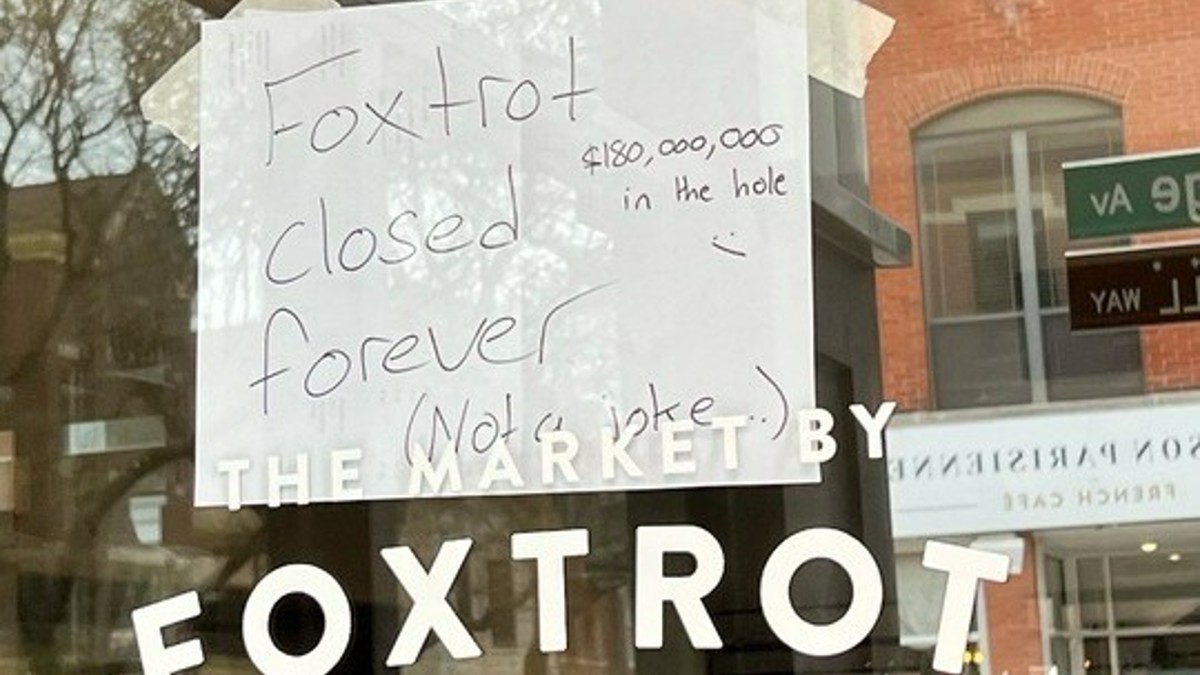Outgoing Dallas Police Chief David Brown has moved up his retirement date to Oct. 4, he says, "to take advantage of some time sensitive opportunities that have been presented."
A source told NBC 5 that Brown would not get an October pension check if he retired after an Oct. 13 board meeting.
Brown has not confirmed the "time sensitive opportunity" is related to his pension payment.
On Thursday afternoon, Brown released the following statement:
I have moved my retirement date up to October 4, 2016 in order to take advantage of some time sensitive opportunities that have been presented. I am confident that a strong leadership succession plan is already in place for the department and I feel comfortable in accelerating my departure date. Again, I want to thank all of the officers of the Dallas Police Department for your hard work and sacrifice that has made my job easier throughout the years. Thank you and God bless!
On Sept. 1 Brown announced he was retiring Oct. 22, his 56th birthday, after more than three decades with the Dallas Police Department, ending a six-year tenure leading the country's seventh-largest municipal police force.
Retirements are a growing problem for the Dallas Police Department.
Local
The latest news from around North Texas.
The issue of "baby boomer" retirements came up before city council at the end of August, when police leaders pressed on City Council members to raise the starting pay for new officers so they could draw in more applicants.
Statistics provided to City Council, current through the first week of August, revealed more that more than 20 percent of DPD's sworn force is retirement-eligible.
Nearly 40 percent of the Dallas officers who've retired this fiscal year have more than 20 years of experience on the force, just like Chief Brown, who retires with 33 years of experience.
Another 32 percent of Dallas police officers who retired or resigned this year had between five and 20 years on the force.
Already more than 250 officers have retired or resigned this fiscal year. Projections show as many as 50 more could retire or leave by the end of the year.
The numbers of retirements and resignations has grown 18 percent in the last two years, while the number of applicants to DPD has dropped about 20 percent.
Sam Friar, chairman of the Dallas Police and Fire Pension Board, admitted the fund is in trouble long-term but cautioned against anyone rushing to retire.
"There's a Chicken Little effect happening now," he said. "We're OK right now."
He said unfounded rumors are sweeping the police and fire departments.
"There's really no reason to panic right now," he said.
Interim Chief Already Named
The interim chief will be Assistant Chief David Pughes. He'll now begin in the first week of October. It's a position he's likely to hold for many months, given that the national search for a permanent replacement won't even begin until early 2017.
Dealing with low starting pay and growing retirements is certainly to be among the interim chief's biggest challenges. A police department spokeswoman said "out of respect for Chief Brown" Chief Pughes won't be answering questions from the media until after Brown's retirement in three weeks.
Chief Brown's History With the Dallas Police
In his six years as chief, Brown has been a fierce supporter of his officers while facing backlash from unions over the city's low pay. While supporting the rank-and-file, he's fought tirelessly to reduce officer-involved shootings and reports of police brutality.
Following the ambush in July that killed five police officers, four from Dallas and one from DART, Brown defended the plan to kill the gunman using an explosive device on a robot, saying it was the only way to protect officers from further harm since the gunman, claimed to have planted bombs around the area and threatened to hurt more people. Brown said that he would make the same decision again.
Brown has historically been quick to credit his officers for 11 straight years of a declining crime rate. When the trend in violent crime was reversed earlier this year, friction developed between Brown and officers on how to staff and combat the issue. Meanwhile, violent crime remains up 10.4 percent year to date, despite an eight-week partnership with state and county officers earlier in 2016 to help round-up suspects. Homicide is up 24.7 percent so far in 2016. Overall crime is up 2.5 percent.
Brown said he joined the force in 1983 because of the crack cocaine epidemic's impact on his neighborhood in Oak Cliff.
NBC 5's Scott Gordon, Frank Heinz and Jeff Smith contributed to this report.



